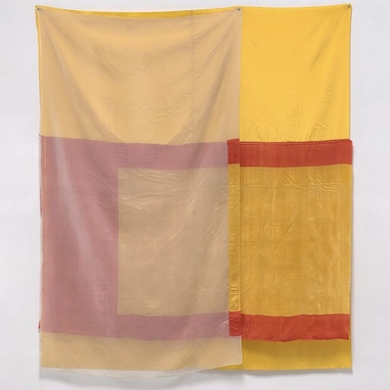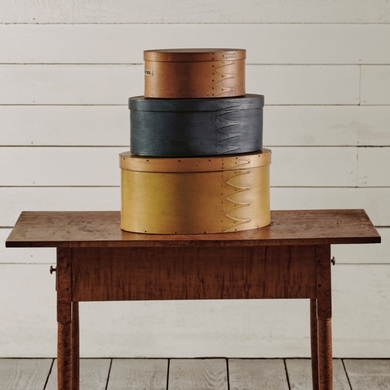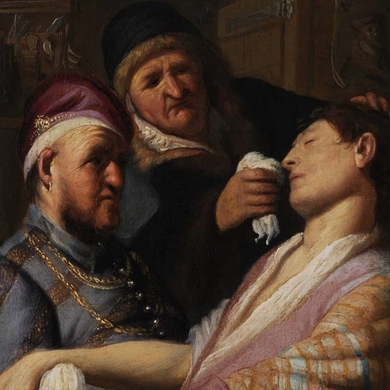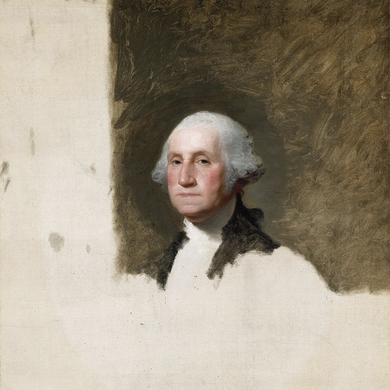The Arte povera movement of the late 1960s and early 70s took its name from a negative review. In 1967, the Italian art critic Germano Celant coined the term, which means “poor art,” not because of any monetary judgment but because of the materials the artists were using—and not using. Rejecting oils, bronze, and marble, they experimented with nontraditional materials and processes. The Milanese artist Mario Merz (1925–2003) was a central figure in this movement. In the year that review came out, he debuted Teatro cavallo, an abstract sculpture of a horse made of neon lights and plastic. Teatro cavallo is on view in this long-running survey, along with Merz’s pivotal 1989 Tavola spirale, a massive glass-and-metal spiral table topped with sculptural apples. The exhibition includes many neon pieces, one of Merz’s go-to materials. —J.D.
Arts Intel Report
Mario Merz

When
Oct 20, 2020 – Jan 1, 2022
Where
Etc
Installation view of “Mario Merz” © 2020 Artists Rights Society (ARS)/SIAE. Photo: Bill Jacobson.



